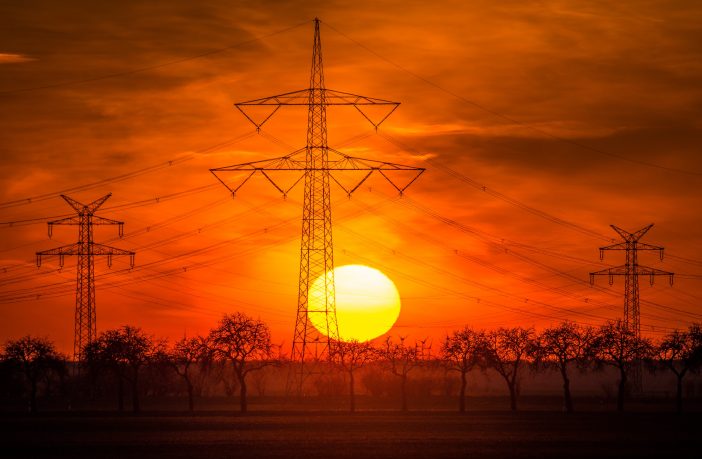- SAPP has committed resources to continue updating the planning assumptions in relation to the rapidly changing regional environment.
- The benefits of regional integration and the overall savings in investment, and operation and maintenance costs are highlighted.
- Investments in transmission have a quick and significant pay back.
- Renewables, specifically hydro and gas generation are expected to fulfil a substantially increased component of overall generation capacity in the region.
The Southern African Power Pool (SAPP), a SADC power generation and transmission initiative, will host a workshop this week to discuss the Pool Plan recently endorsed by the Energy Ministers of Southern African Development Community member countries. The regional power pool is made up of the SADC countries excluding Mauritius.
SAPP Pool Plan Dissemination Workshop will take place at the Sandton Convention Centre, Johanesburg, South Africa on the 28th November 2019. The Pool Plan represents a significant milestone for SAPP in fulfilling its mandate of coordinating and cooperating in the planning, development and operation of regional generation and transmission facilities for the mutual benefit of the SAPP member countries.
Going forward, the SAPP has committed resources to continue updating the planning assumptions in the Pool Plan to ensure the Pool Plan remains a living document, reflecting the rapidly changing regional environment. Highlights of the Plan include:
- The benefits of regional integration and the overall savings in investment, and operation and maintenance costs, that can result for member countries
- Investments in transmission have a quick and significant pay back. Regional interconnectors although a small proportion (about 3%) of total capital costs produce significant reductions in overall costs primarily through reducing generation investment costs and also through lower operational costs
- There is a clear case for considering domestic, national transmission grids as an integral part of regional integration effort as the benefits that these investments bring are shared among a wider regional community
- Renewables (and, specifically, hydro) and gas generation are expected to fulfil a substantially increased component of overall generation capacity in the region.
- With regional integration, short-run costs of production of electricity will be an important element in keeping the average prices of traded electricity low and competitive into the future
- The plan also identifies the need for improved and systematic data collection and retention, and the development of methodologies that can be used and harmonised for regional demand forecasting.
Author: Babalwa Bungane
This article was originally published on ESI Africa and is republished with permission with minor editorial changes.















